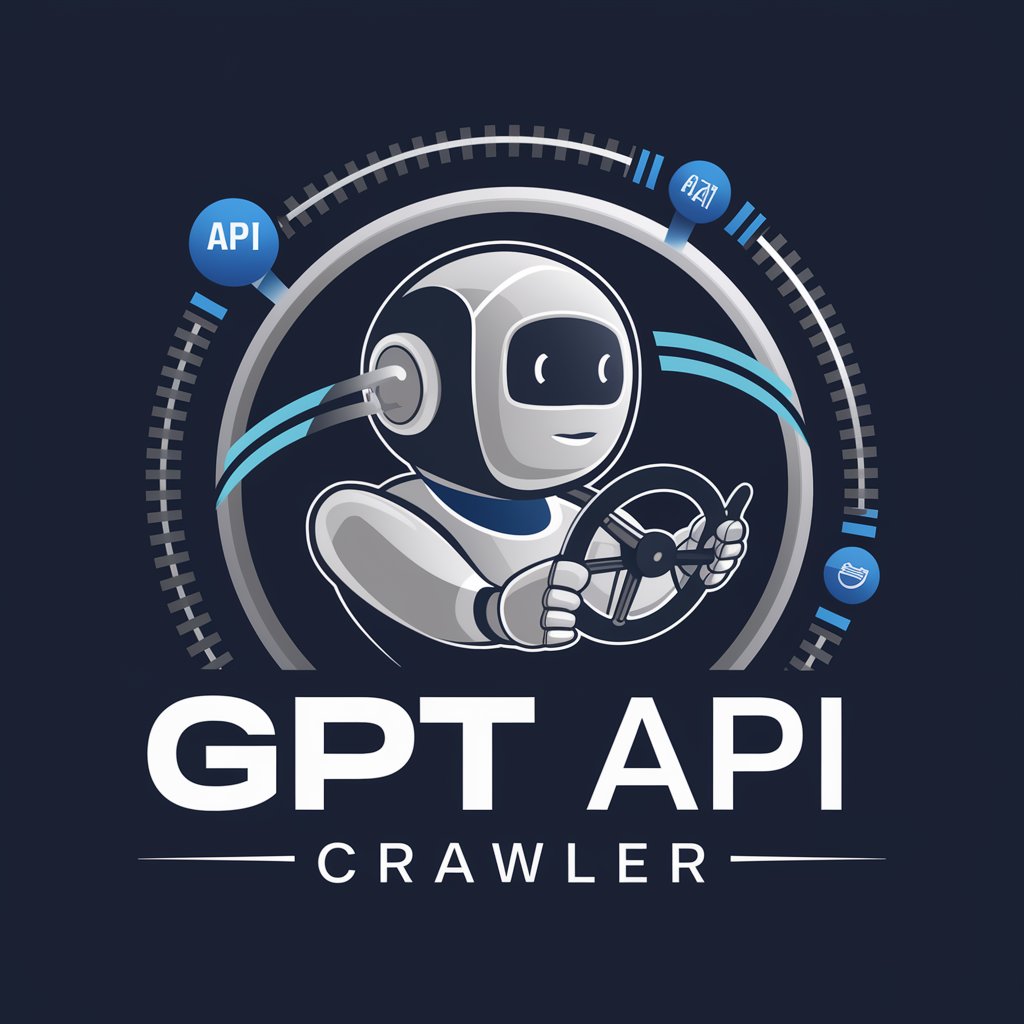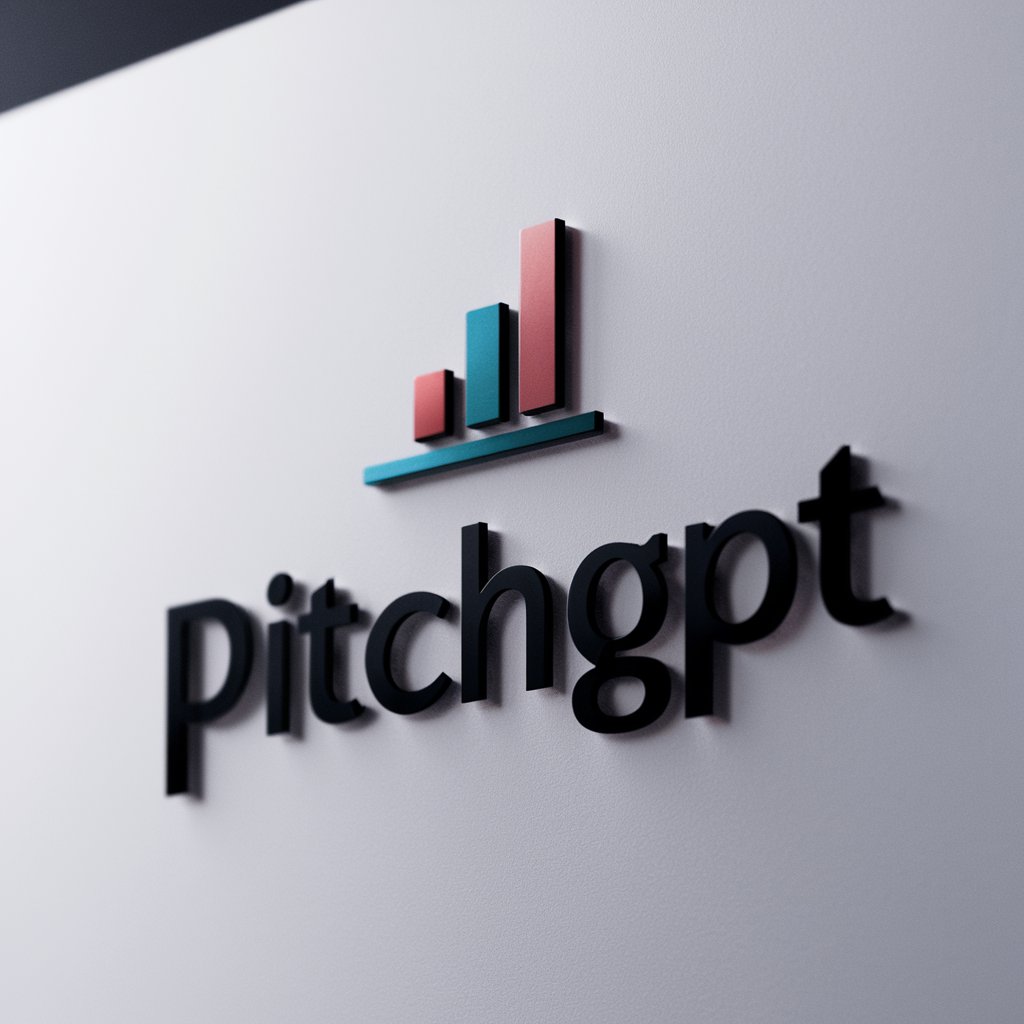👑 Data Privacy for Online Gaming Platforms 👑 - Data Privacy Compliance

AI-Powered Data Protection for Gaming
How do GDPR regulations apply to online gaming?
What are the best practices for data retention in gaming platforms?
Can you explain CCPA compliance for an online game?
What security measures should be implemented for user data protection?
Get Embed Code
Understanding Data Privacy for Online Gaming Platforms
Data Privacy for Online Gaming Platforms is designed to ensure that online gaming and entertainment platforms adhere to global data protection regulations such as GDPR, CCPA, and more. These platforms collect a vast array of user data, including personal information, payment details, preferences, and interaction data. Given the sensitive nature of this data, it's crucial to implement robust data privacy measures to protect user information from unauthorized access and breaches. For example, when a user signs up for an online game, the platform might collect their name, email, and payment information. Ensuring the security and privacy of this data involves encryption, consent management, and clear data usage policies, thereby maintaining user trust and regulatory compliance. Powered by ChatGPT-4o。

Core Functions of Data Privacy for Online Gaming Platforms
Compliance Advisory
Example
Interpreting GDPR's 'Right to be Forgotten'
Scenario
When a user requests the deletion of their account and associated data, the platform must ensure complete removal of personal data from all databases, backups, and logs in compliance with the GDPR's 'Right to be Forgotten'.
Data Protection Impact Assessments (DPIA)
Example
Launching a New Game Feature
Scenario
Before introducing a feature that involves additional data collection or processing, a DPIA is conducted to assess and mitigate privacy risks, ensuring the feature complies with data protection laws.
Incident Management and Reporting
Example
Data Breach Response
Scenario
In the event of a data breach, the platform must have protocols in place to quickly contain the breach, assess the impact, and notify affected users and regulatory bodies within the stipulated timeframe.
Who Benefits from Data Privacy for Online Gaming Platforms?
Game Developers and Publishers
These entities can ensure their games and services are built and maintained in compliance with global data protection laws, thereby protecting their users and avoiding hefty fines.
Legal and Compliance Teams
They benefit from specialized guidance on data privacy regulations, helping them navigate complex legal landscapes and implement effective compliance strategies within their organizations.

Using Data Privacy for Online Gaming Platforms
1
Start by accessing a platform offering a free trial without requiring login credentials, ensuring a hassle-free initial experience.
2
Familiarize yourself with the privacy settings and customization options to ensure your gaming platform is compliant with global data privacy regulations.
3
Implement robust data encryption and anonymization techniques to protect user data from unauthorized access and breaches.
4
Regularly review and update your platform's data privacy policies to reflect the latest legal requirements and best practices.
5
Engage with your user community to gather feedback on privacy features, making improvements to ensure a secure and trustworthy gaming environment.
Try other advanced and practical GPTs
Dating Coach
Your AI-Powered Dating Guide

Algorithmic Trader
Empowering Traders with AI Insights

Budtender Bot
Tailoring Your Cannabis Journey with AI

Menu-vertaler
Smart AI for Your Menu Choices

GPT API Crawler
Powering Custom GPTs with Seamless API Integration

OpenCode Designer
Empower Your Code with AI

Financial Advisor GPT
Empowering Your Financial Decisions with AI

Interest Diagnosis
Deciphering interest through AI conversation analysis

AI Zip Automation Collaborator
Automating ZIP Security with AI

Advertising Performance Evaluator
Maximize ROI with AI-Powered Insights

Sports Commentary Companion
Elevate Your Commentary with AI

Pitch Deck GPT
Craft Your Funding Story with AI

Q&A on Data Privacy for Online Gaming Platforms
How can gaming platforms ensure compliance with GDPR?
By implementing data protection principles, such as data minimization, obtaining clear consent, and providing transparency about data usage. Regularly conducting Data Protection Impact Assessments (DPIA) and appointing a Data Protection Officer (DPO) are also crucial steps.
What strategies can be used to protect user data?
Strategies include using end-to-end encryption, ensuring secure data storage and transfer, implementing strict access controls, and regularly auditing security measures to identify and mitigate potential vulnerabilities.
How should online gaming platforms handle data breaches?
Immediately notify affected users and relevant data protection authorities, investigate the breach to understand its extent and cause, and take swift action to secure the platform against further unauthorized access.
Can players request the deletion of their data?
Yes, under regulations like GDPR, players have the right to request the deletion of their personal data. Platforms must ensure they have processes in place to promptly honor such requests.
How important is user consent in data collection for gaming platforms?
User consent is fundamental. Platforms must obtain explicit consent for data collection and processing, clearly explaining how the data will be used. Users should also be able to withdraw their consent at any time.
